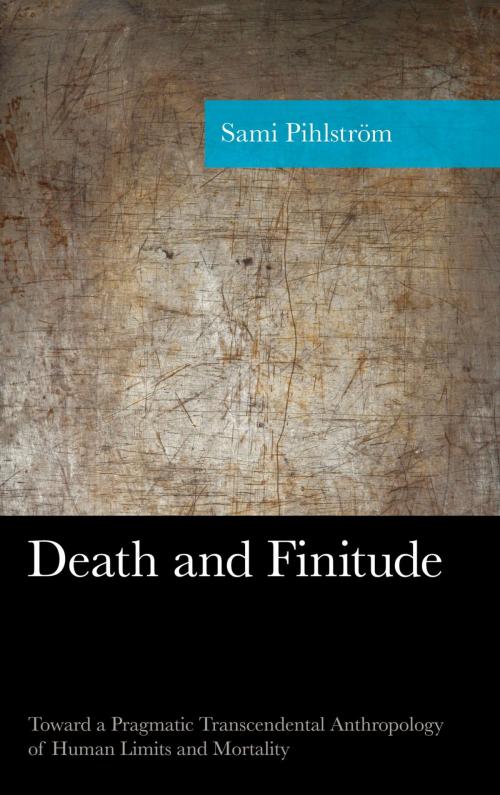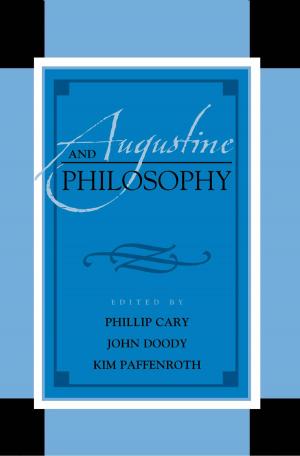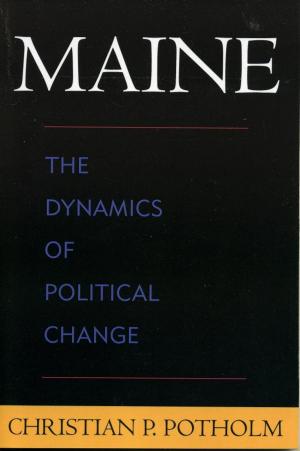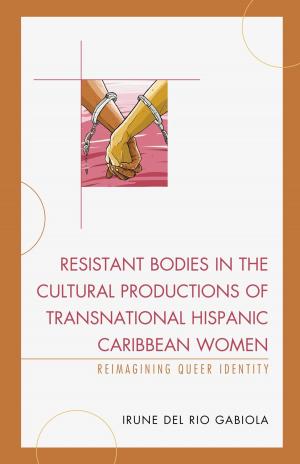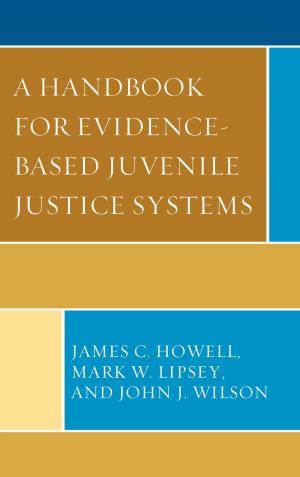Death and Finitude
Toward a Pragmatic Transcendental Anthropology of Human Limits and Mortality
Nonfiction, Religion & Spirituality, Philosophy, Ethics & Moral Philosophy| Author: | Sami Pihlström | ISBN: | 9781498524421 |
| Publisher: | Lexington Books | Publication: | September 21, 2016 |
| Imprint: | Lexington Books | Language: | English |
| Author: | Sami Pihlström |
| ISBN: | 9781498524421 |
| Publisher: | Lexington Books |
| Publication: | September 21, 2016 |
| Imprint: | Lexington Books |
| Language: | English |
Death and Finitude offers an examination and defense of a pragmatic transcendental anthropology applicable to the concepts of limit, finitude, and mortality that are constitutive of human life as we know it. Sami Pihlström develops a special kind of philosophical anthropology —a pragmatic yet transcendental examination of the human condition—that interprets what is worth preserving in the tradition of transcendental philosophy in such a manner that this unusual combination will crucially enrich our understanding of a human problem we all share: mortality.
Death and Finitude contributes to humanity’s on-going reflections on death, dying, and mortality—from a pragmatist yet transcendental perspective, seeking to accommodate these topics within a broader philosophical anthropology.
The book is primarily intended for academic philosophers, but the potential readership includes not only scholars but also both graduate students and advanced undergraduates, as well as general educated readers. It is relevant to the concerns of philosophers specializing in transcendental philosophy, philosophical anthropology, pragmatism, Wittgenstein, and the philosophy of religion. As the book may be said to be an attempt to “philosophize historically,” it is in principle of interest to both systematically and historically oriented philosophers and students.
Death and Finitude offers an examination and defense of a pragmatic transcendental anthropology applicable to the concepts of limit, finitude, and mortality that are constitutive of human life as we know it. Sami Pihlström develops a special kind of philosophical anthropology —a pragmatic yet transcendental examination of the human condition—that interprets what is worth preserving in the tradition of transcendental philosophy in such a manner that this unusual combination will crucially enrich our understanding of a human problem we all share: mortality.
Death and Finitude contributes to humanity’s on-going reflections on death, dying, and mortality—from a pragmatist yet transcendental perspective, seeking to accommodate these topics within a broader philosophical anthropology.
The book is primarily intended for academic philosophers, but the potential readership includes not only scholars but also both graduate students and advanced undergraduates, as well as general educated readers. It is relevant to the concerns of philosophers specializing in transcendental philosophy, philosophical anthropology, pragmatism, Wittgenstein, and the philosophy of religion. As the book may be said to be an attempt to “philosophize historically,” it is in principle of interest to both systematically and historically oriented philosophers and students.
